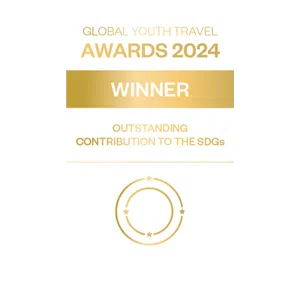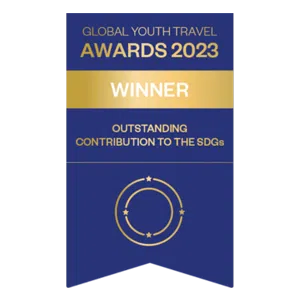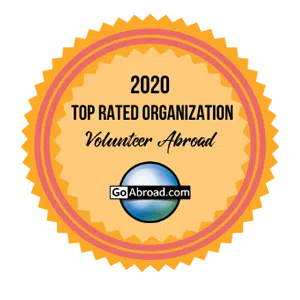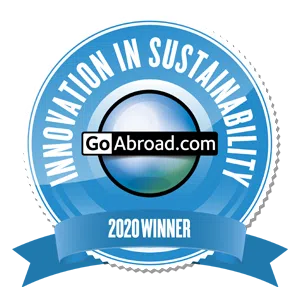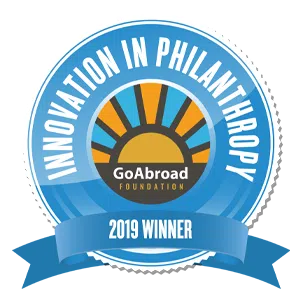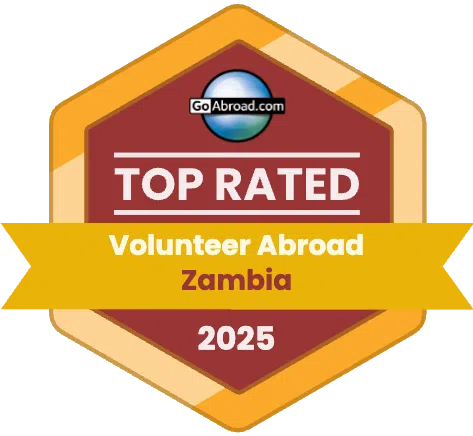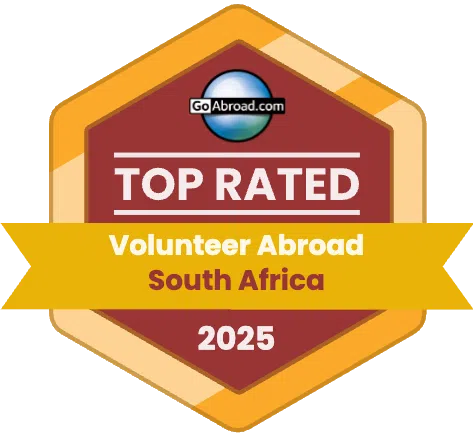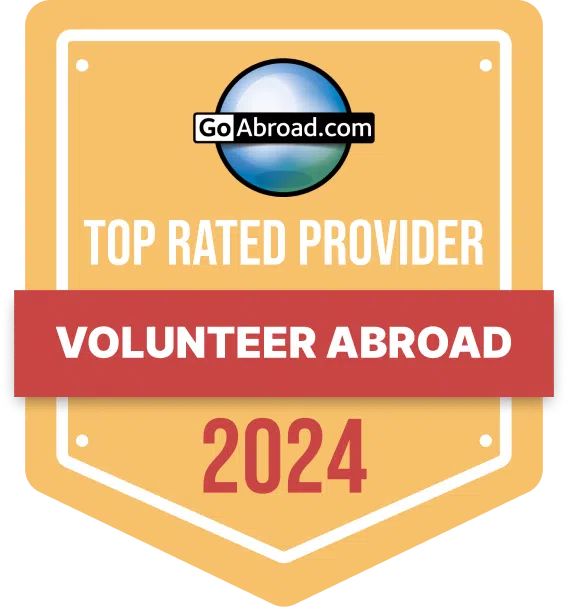Our projects highlight climate change’s impact on coastal communities and how marine conservation supports local livelihoods. Volunteers work with Africa’s iconic sea creatures, researching their health and behaviors. Join our projects for hands-on marine conservation experience.
Why Choose a Marine Conservation Volunteer Project?
UNIQUE ACTIVITIES
Enjoy activities like shark cage diving, scuba diving or snorkelling depending on your chosen project.
MARINE LIFE
Get up close and personal with all kinds of fascinating and distinctive marine creatures.
MARINE RESEARCH
Work with leading experts in marine biology, ecology, oceanography and marine conservation.
COMMUNITY ENGAGEMENT
Create and present educational classes on marine biology, or engage with local communities.
LIVE NEAR THE BEACH
Enjoy stunning seaside environments and fun beach activities in your free time.
Passionate About Saving and Preserving Our Oceans?
Our marine conservation projects encourage knowledge sharing about the devastating effects that climate change has had and will have on local coastal communities, including how marine conservation can support locals’ livelihoods year-round. Our marine conservation volunteers get the opportunity to work with some of Africa’s most iconic sea creatures, learning how to conduct vital research on their health, behaviors and migration patterns.
Many universities across the world offer programs in marine conservation; however, if you are interested in learning about marine conservation outside of an academic setting, joining a marine conservation volunteer project is one of the best ways to gain valuable experience in this exciting field!

Our dedicated African Impact team of Marine Biologists and Conservationists in Zanzibar are committed to supporting the above Sustainable Development Goals established by the United Nations.
Marine Conservation Volunteering FAQs
What marine species will I be helping to conserve?
The answer depends on the location of your project! Southern African coastlines are a haven for diverse marine life, and your conservation efforts might focus on:
Dolphins – These creatures are the cornerstone of our marine conservation volunteer project in Zanzibar! The project aims to protect a variety of dolphin species through educating local tourist operators on how to ethically approach dolphins in their natural habitats.
Sharks – If it’s sharks you’re looking for – look no further than our Shark Conservation project in South Africa! These iconic ocean predators are facing a multitude of natural and human-related challenges.
Whales – Humpback whales migrate along the East coast of Africa from May/June to September/October as they make their way to Antartica. You have the opportunity of seeing whales on almost every project we offer provided the time of year is right.
Whale Sharks – These gentle giants are a major draw for volunteers in Mozambique. Projects often monitor their populations, study their migration patterns, and promote responsible tourism practices around them.
Manta Rays – You might assist with identifying manta rays through photo identification, observing their behaviour, and documenting any threats to their population.
Sea Turtles – Mozambique’s beaches are important nesting grounds for sea turtles. Volunteers might help protect turtle nests, monitor hatchlings, and educate local communities about turtle conservation.
Coral Reefs – Learn how to monitor the health of coral reefs, contribute to restoration projects, and educate about the importance of these ecosystems.
Do I need to be a certified diver or swimmer?
While our projects require basic swimming skills, diving certifications are not mandatory. Many programs offer training and guidance to ensure everyone feels comfortable and safe in the water. And if you are keen to learn, we can highly recommend starting your PADI or RAID Open Water Scuba certification.
Do I need to bring any medication?
Seasickness can affect you for your first few days, so we suggest you bring seasickness tablets, or patches, with you. Tablets should be taken the evening before diving or going on boats, and in the morning, before activities. Please also remember to bring a good SPF sunblock, as the African sun can be very harsh.



